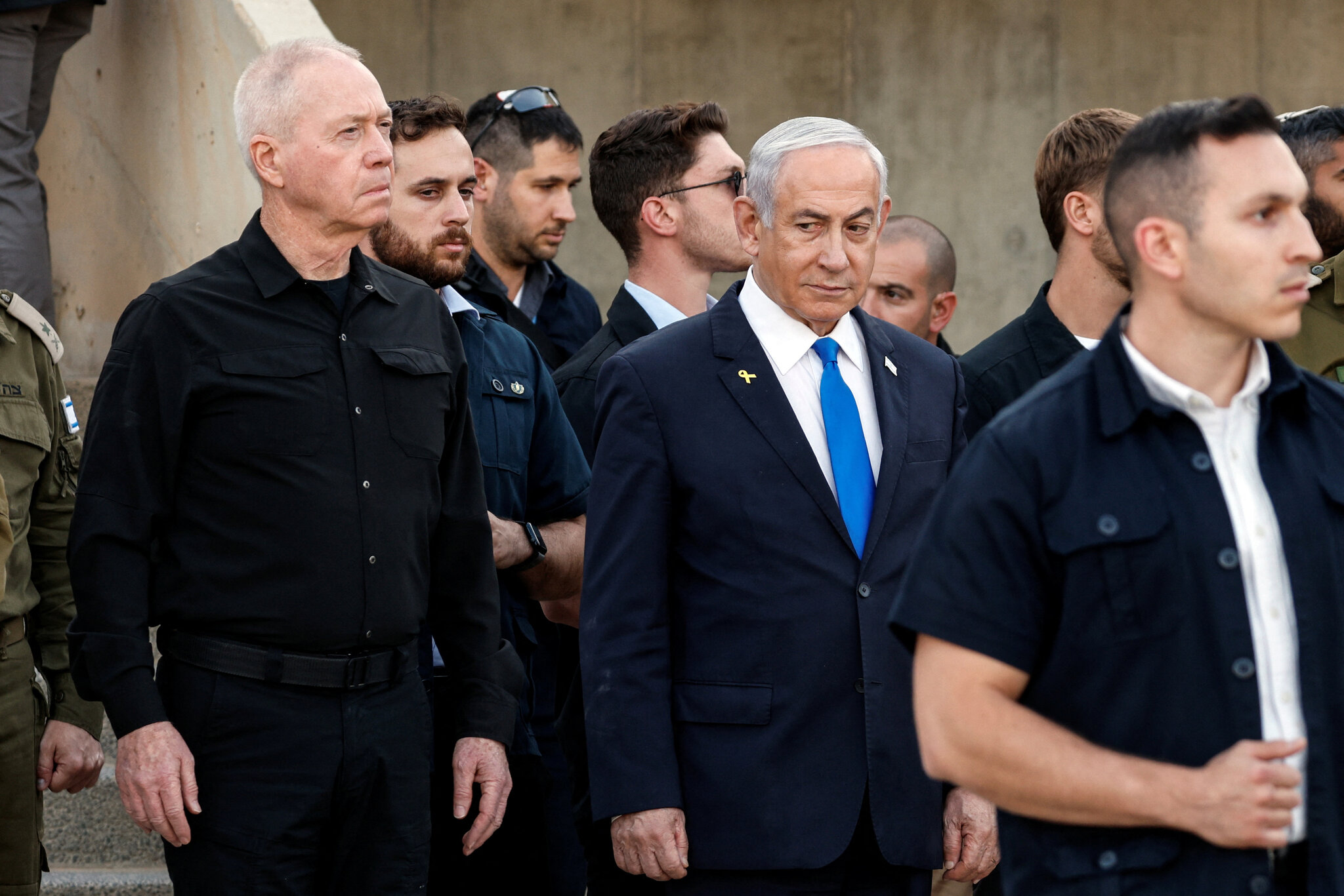ICC Arrest Warrants for Israeli Leaders Spark Global Backlash and Threat of U.S. Sanctions
JERUSALEM — The International Criminal Court (ICC) is facing significant backlash after issuing arrest warrants for Israeli Prime Minister Benjamin Netanyahu and former Defense Minister Yoav Gallant, connected to military operations against Hamas in Gaza. This controversy has also opened the door for potential sanctions from the United States, intensifying the discussion surrounding the ICC’s legitimacy and fairness.
The Context of the Warrants
On October 7, 2023, Hamas launched a devastating attack on Israel, resulting in the deaths of nearly 1,200 people in southern Israel, including over 40 American citizens. In response to this offensive, the ICC issued warrants for Israeli officials, alleging involvement in crimes against humanity. This action has reignited debates about the court’s role and impartiality in international justice.
According to Israeli broadcaster Kan, the forthcoming administration of President-elect Donald Trump plans to retaliate against the ICC judges responsible for the arrest warrants, including Chief Prosecutor Karim Khan. Khan, a prominent legal figure from the United Kingdom, currently faces an investigation regarding allegations of sexual misconduct, which he has categorically denied, stating, “There is no truth to suggestions” of such behavior.
Political Reactions and Threats of Sanctions
Political figures aligned with Trump have publicly vowed decisive countermeasures against what they perceive as the ICC’s antisemitic bias. Mike Waltz, designated national security adviser under Trump, proclaimed on social media platform X (formerly Twitter), “You can expect a strong response to the antisemitic bias of the ICC and U.N. come January.” In a subsequent Fox News interview, Senator Lindsey Graham (R-SC) echoed this sentiment, warning that sanctions might extend beyond the ICC to any country supporting the court: “To any ally, Canada, Britain, Germany, France—if you try to help the ICC, we’re going to sanction you.”
Expert Opinions on Sanctions
Avi Bell, a legal expert and professor at the University of San Diego as well as Israel’s Bar Ilan University, endorsed sanctions as a necessary and effective approach. “The ICC has consistently overstepped its authority,” he remarked, citing past instances where the court backed off from prosecuting American soldiers in Afghanistan only after the Trump administration imposed sanctions. “Sanctions work; persuasion does not,” Bell argued.
Criticism of the ICC’s Authority
The warrants issued by the ICC have drawn fierce criticism from various quarters. Many detractors accuse the court of being politically motivated. Rabbi Abraham Cooper from the Simon Wiesenthal Center referred to the move as “a mockery of justice,” cautioning democratic nations about possible ramifications. “The warrant from a kangaroo court is a victory for Iran and its terrorist allies,” he contended, declaring that Israeli leaders are merely executing their duty to protect their citizens from violent extremists.
Historically, both the Clinton and George W. Bush administrations expressed skepticism about U.S. involvement with the ICC, citing concerns about the court’s fairness and jurisdictional authority. Bell noted that under Karim Khan’s leadership, the ICC appears to have shifted from being ineffectual to becoming a platform for political posturing. “Under Khan, it has devolved into a stage for political grandstanding,” he argued.
Calls for Action Against the ICC
In light of the growing discontent, Bell encouraged nations to withdraw from the ICC’s governing Rome Statute and to cut funding to the institution. He even proposed that ICC personnel be prosecuted for “attempted kidnapping and supporting terrorism” if they persist in issuing what he characterized as legally unfounded warrants. “The ICC will only change course if forced to pay a heavy price,” Bell asserted.
Examining Allegations of Bias
In response to inquiries about whether the ICC’s actions against Israel stem from antisemitism, Bell stated, “I don’t believe the ICC judges themselves are driven by personal bias. However, the ICC has always targeted politically vulnerable entities, particularly African nations and now the Jewish state.” This sentiment was echoed by former U.S. State Department adviser Gabriel Noronha, who noted that the ICC is fully aware of the potential repercussions when targeting Israel, the only democracy in the Middle East.
International Responses to the Warrants
As backlash mounts, several European leaders have expressed disapproval of the ICC’s recent warrants. Austrian Foreign Minister Alexander Schallenberg characterized them as unjust. The international community is now watching closely as the situation unfolds, monitoring both the implications for Israeli leaders and the ICC’s credibility.
This development not only strains international relations but also raises questions about the ICC’s future and its role in overseeing justice on a global scale. The specter of U.S. sanctions looms large over the court, suggesting that the fallout from these arrest warrants will have lasting implications for international justice and diplomatic relations.
